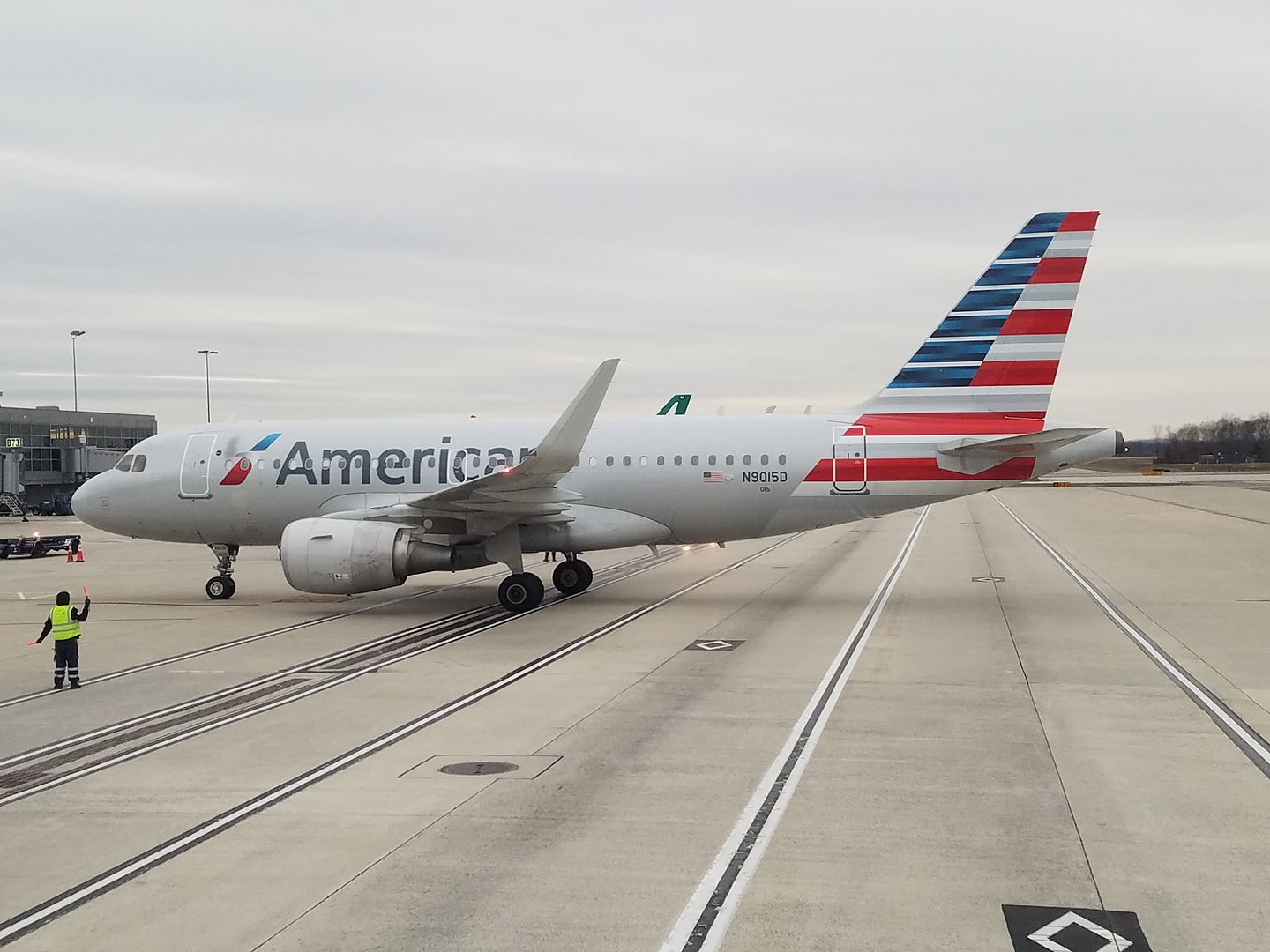A year ago American filed with the SEC that credit card signups were lagging and materially affecting their revenue projections. United also said credit card signups were disappointing for them. But it’s difficult to know the numbers behind this.
American used to offer a ton of financial data on AAdvantage in its SEC 10-K, but they no longer do. In general airlines provide very little specifics relative to the multi-billion dollar revenue contribution the programs are making.

So we get broad pronouncements and that’s it. Although it’s pretty clear that MileagePlus revenue is stagnating and that any growth at all is coming from the sale of miles to Chase for Ultimate Rewards points transfers.
American acknowledged in their 10-K filing this year that they face significant competition from bank points programs, and that this is an area of risk for their loyalty business.
In this morning’s American Airlines earnings call we were told,
- They are seeing double digit year over year card acquisition growth. That’s off a low base, since a year ago card acquisition was so low as to trigger an 8-K filing with the SEC. But they say they’ve recovered.
- Spend growth on their cards is outpacing GDP growth though we don’t know by how much and this isn’t surprising based on broader trends.

One airline analyst asked, “Why not offer consumers a fair rate [for sale of miles]?” He was seeing some of the high prices charged for miles, and couldn’t imagine anyone taking advantage of those offers. In fact American does sell miles for a lot less than they used to, very regularly. This wasn’t mentioned in response.
Instead the airline talked about the loyalty program’s contribution to the business. But the underlying question really was, why not sacrifice margin for revenue growth?
There are really no barriers to entry for large companies like banks to get into the travel loyalty business, so the idea of better than 50% margins seems unsustainable. American discloses that as a material risk. Why not sell miles cheaper, or increase the value of miles (stem the reduction in value at least), to win business or prevent loss of business?
That’s the question airlines are going to have to grapple with in the next couple of years or they’ll find their multi-billion dollar frequency business at risk.


Very surprised at the acquisition rate. I don’t know anyone who puts regular spend on the card.
And Citi has that restricttive approach where cancelling any AA card freezes you out of bonuses on new cards for 24 months.
American will have a great opportunity to increase the value of their points when they add PE to their award chart. Sadly though they will likely further devalue Business and First awards to add premium economy.
The airline rewards programs will continue to decline because of lack of award availability and constant devaluation of banked earned miles. It’s dying because of their greed and it’s their own suicide.
Banks have and will continue to migrate these customers to their products with flexible awards that are good on multiple carriers, reimbursed junk fees and CASH. Cash is bankable- miles is just and empty devaluating promise that may never be there when you want to use it.
@paul +1
RE: Paul’s statement. It is stupid greed that is killing miles and loyalty programs. They are trying to milk the customers as much as they can over short term, figuring that the customers will not notice an increasingly worse deal. Smart greed is addicting the customers to miles and loyalty programs and milking them their whole life.
Something never mentioned in discussions of this sort is the cap most programs put on the number of miles a member can purchase each calendar year. If you bought miles early in the year, whether in a sale or not, for immediate use or not, well, that’s it for the year! All this does, as I can attest, is to drive members to sign up to other additional programs with similar award travel opportunities, to supplement and satisfy one’s travel needs for that year. Alaska MileagePlan does not impose an annual cap. The buying restrictions are not onerous with no need for tricky subterfuge to acquire the miles you need. By all accounts that mileage program is thriving. Is there a lesson here for the legacy carriers living in the past?
@cool I will sell you all the AA miles you want at $.02 each
Two trends are shaping this:
1. Frequent travelers and high spenders are smartening up and use flexible currency cards from AmEx, Chase, Citi and a growing number of others to protect themselves from devaluation and to get better value.
2. US airlines/hotels have made plenty of revenue and profit from their core business, air travel, with less need to protect the miles business.
Once the next travel downturn hits, I’d expect airlines and hotels to frantically offer promotions, trying to win back “loyal” customers. I think they will find out that loyalty is a two-way street and after years of poor service, devaluations and reduced perks, many travelers have become free agents and take the best deal and there is no loyalty left for the airlines who didn’t foster it…
For me, I used an Alaska card for everything for over ten years. First BA added giant fuel surcharges and more recently the ability to book Delta and AA flights essentially dried up. Loyalty perks are nice, but the continual devaluation and increased competition from new airlines and credit card options made me switch to a new card.
I predict Parker will raise prices and degrade service
I’m really not sure that in the airlines CEOs stony heart of hearts they regard their loyalty programs as a goose that lays golden eggs, or some legacy, scraggy bush turkey they must tolerate. It certainly feel like the latter!